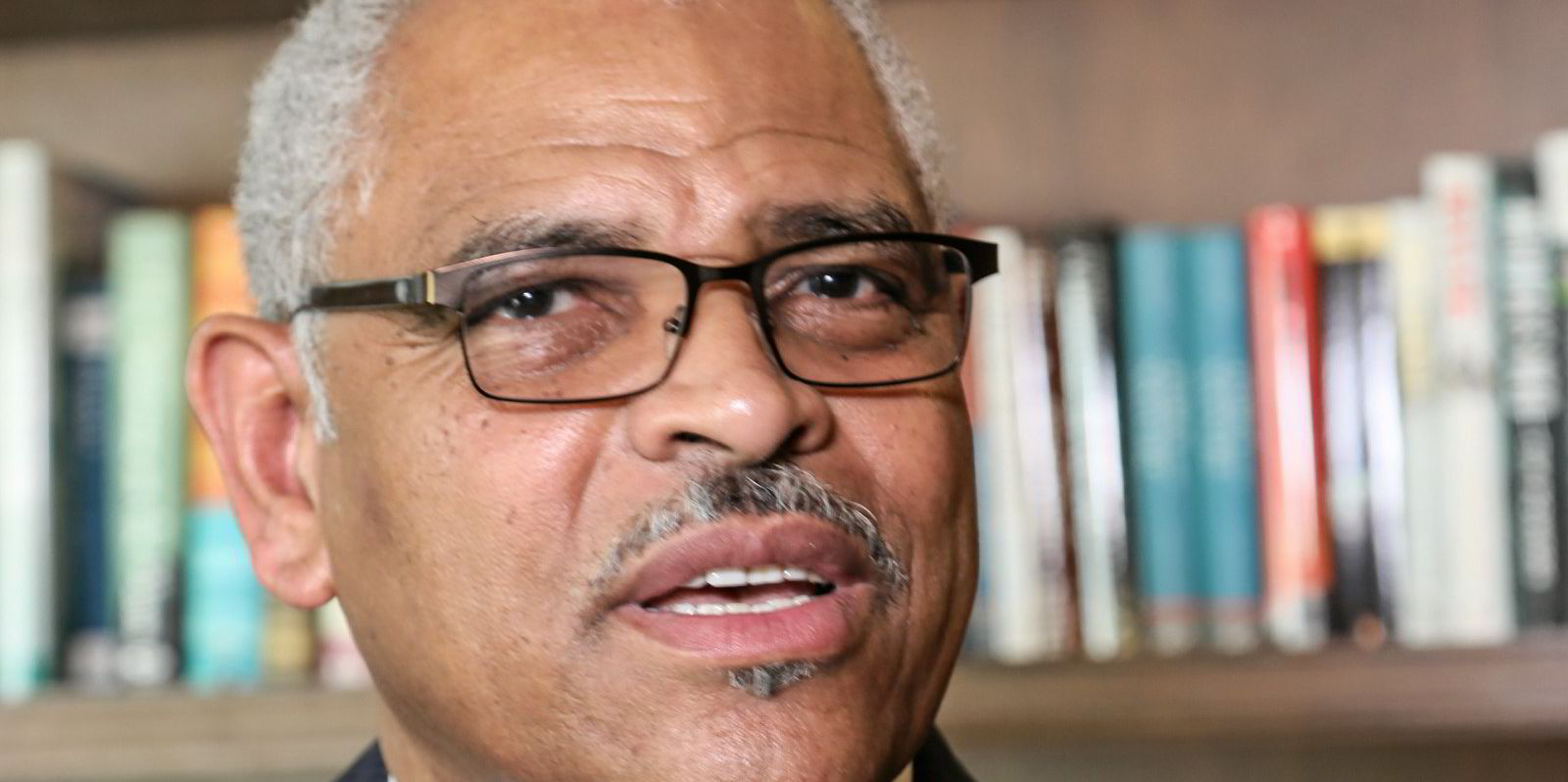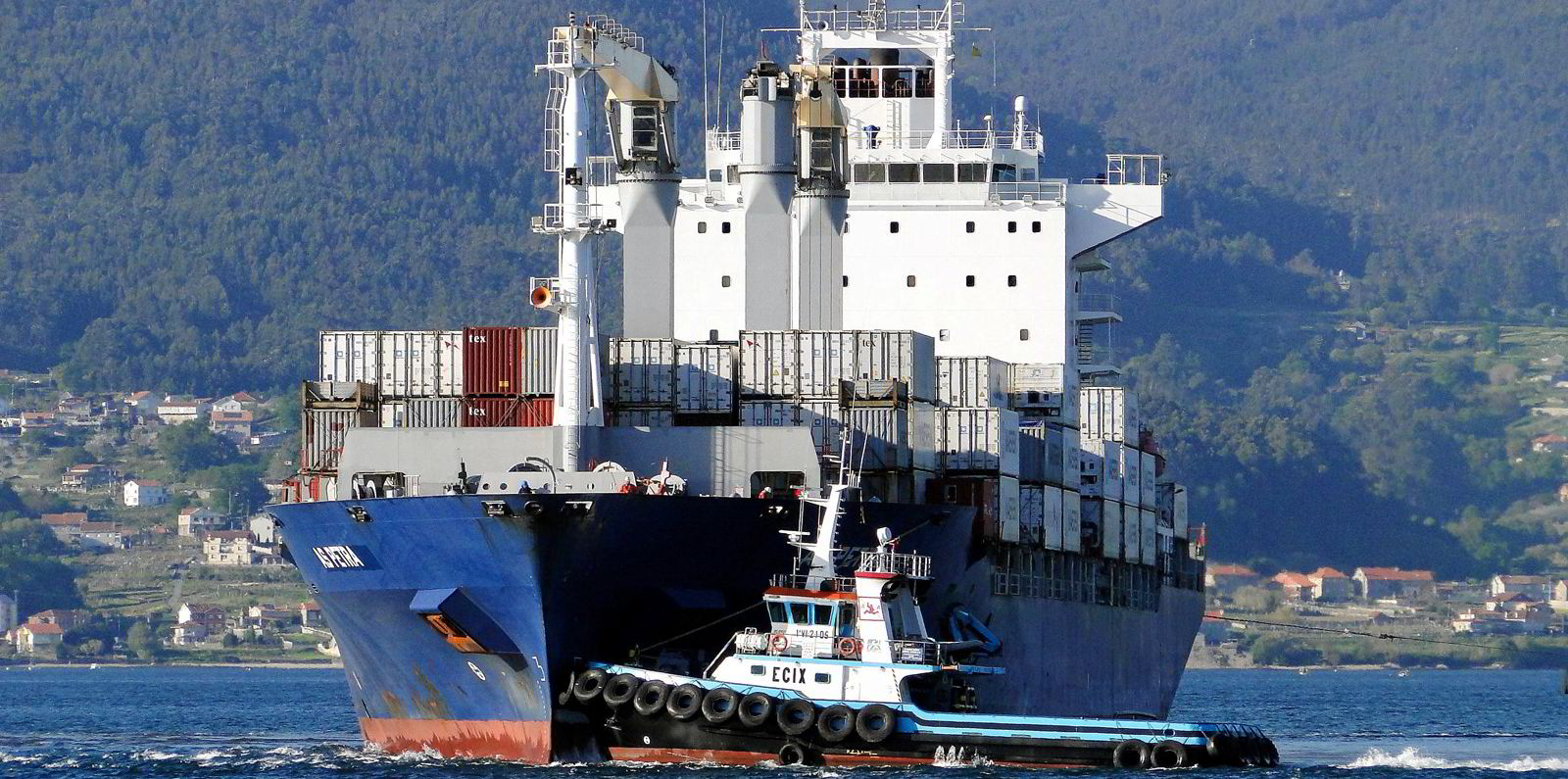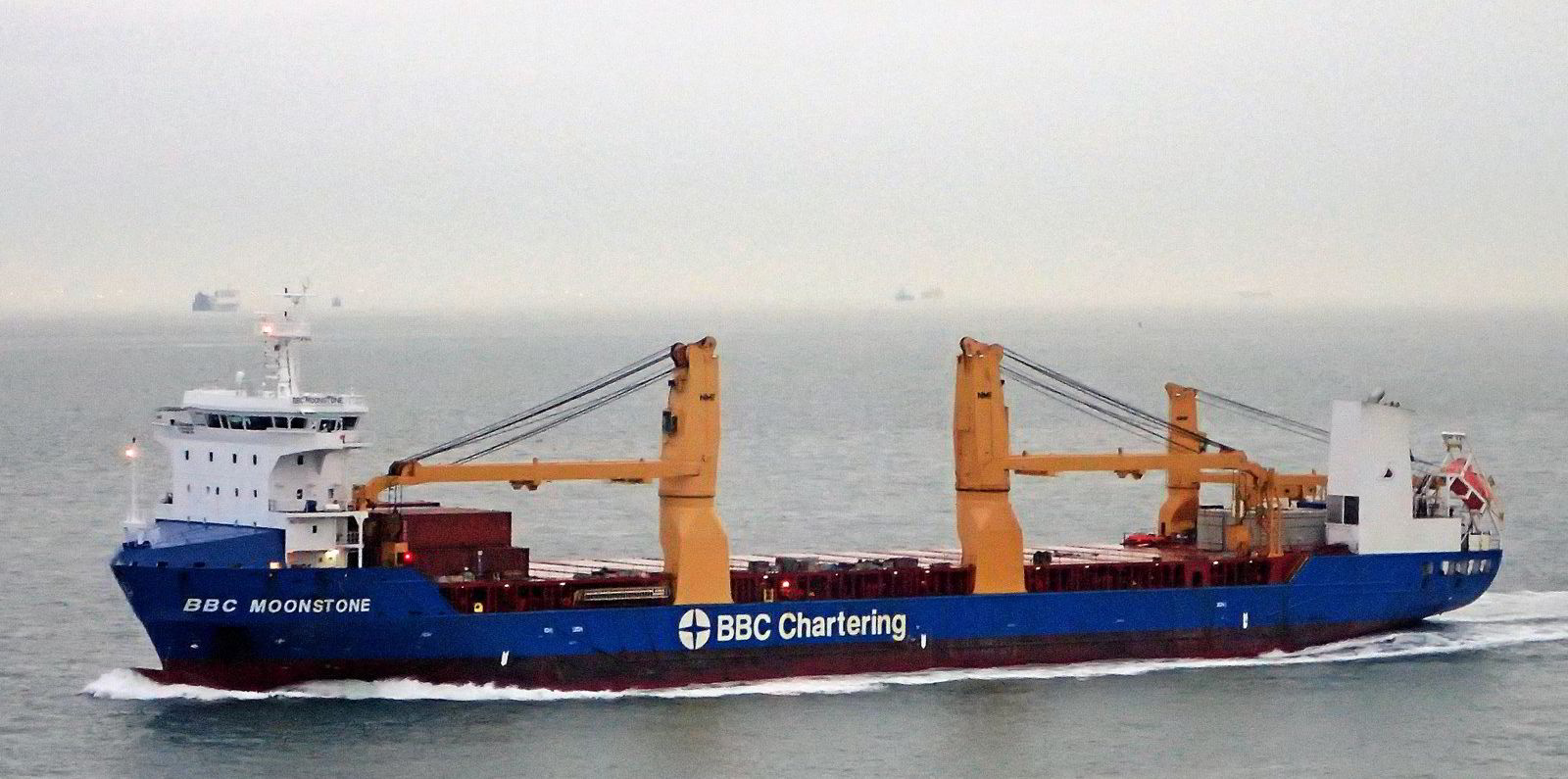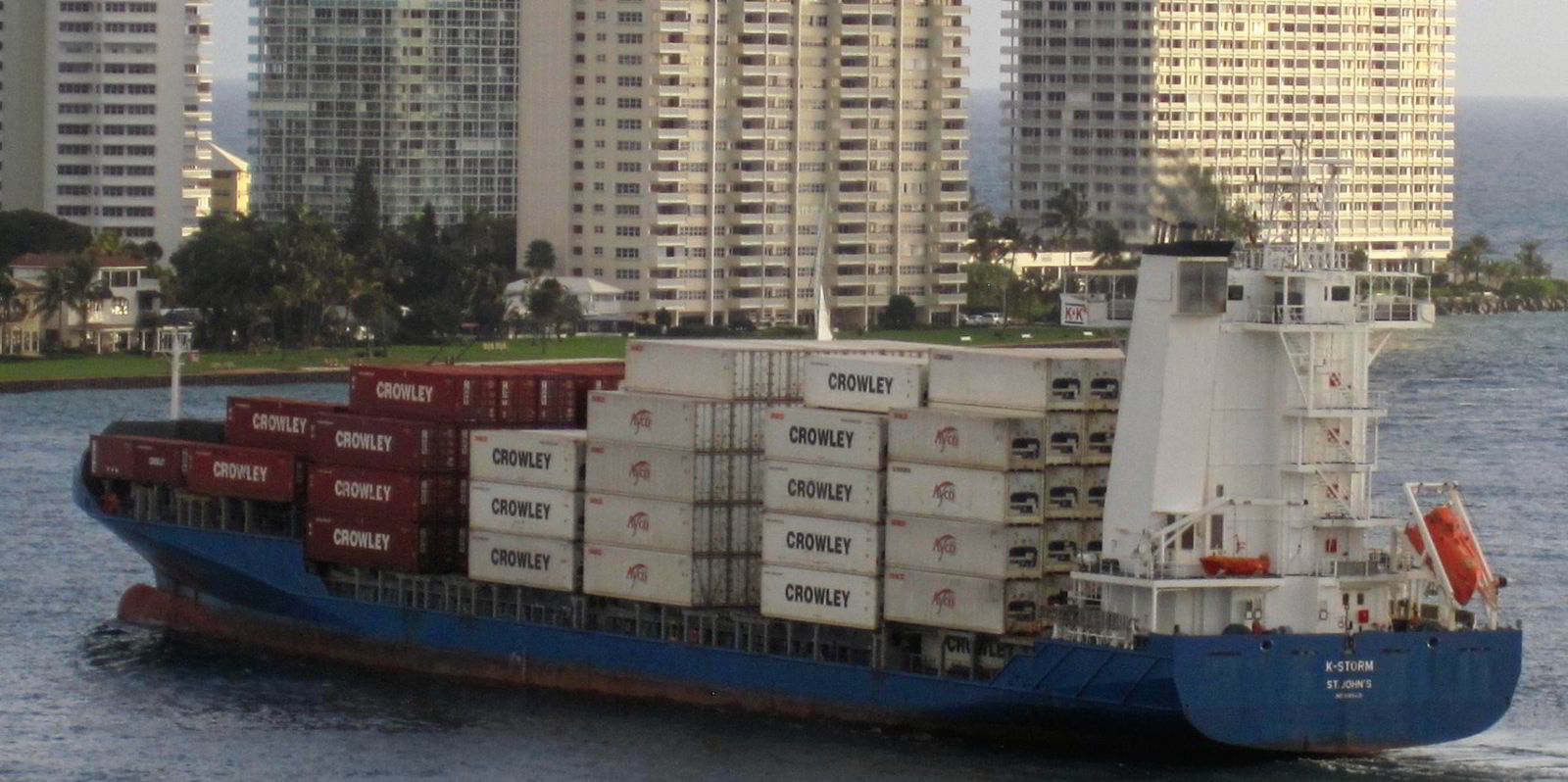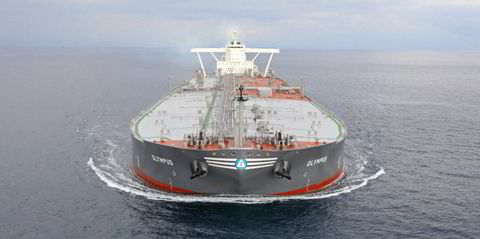Carnival and the Havana Docks Corp are locked in a battle to force the disclosure of their political lobbying efforts.
In court papers filed in their ongoing legal battle over the cruise major's trips to Cuba, the two sides asked US District Judge Beth Bloom to force the production of certain documents and redactions to be removed from others.
All 10 documents Carnival seeks relate to Havana Docks' lobbying efforts — including two involving an ambassador — while Havana Docks wants to see emails Carnival chief executive Arnold Donald sent to Florida Senator Marco Rubio.
"Protecting [these documents] impairs Carnival's ability to ascertain the truth," Carnival wrote in court papers filed on Tuesday in the US federal court for the Southern District of Florida.
In duelling motions, both sides argued the other had wrongly classified certain documents as covered by attorney-client privilege and that they must be produced as the case makes its way through discovery.
For Carnival, its filing argued efforts to "influence the Department of State, Department of Treasury or the National Security Council to facilitate the filing of" lawsuits were not part of rendering legal services and thus not privileged.
Its describes 10 documents, although the descriptions are redacted, and argues that even if an attorney is doing the lobbying, it is still not covered by attorney-client privilege.
Havana Docks — a brass-plate company that once owned the docks Carnival and other cruise companies used to call on in Havana — said Carnival could not claim communications with Cuban government agency COMAR were privileged.
It also said Donald sent three emails to Rubio — a Republican and son of Cuban immigrants who has reportedly taken a hard line against the Cuban government — that "appears to be related to efforts to lobby" a sitting senator.
Havana Docks sued Carnival in May 2019 after former US president Donald Trump lifted restrictions on title III of the Helms-Burton Act.
The law, passed in 1996, was devised to strengthen the long-running US blockade of Cuba. Title III allowed US nationals to sue companies deemed to be "trafficking" in property nationalised by Cuba's post-revolution, communist government after it took power in 1959.
Carnival was the first cruise major to be sued, followed by Norwegian Cruise Line, Royal Caribbean and MSC Cruises.
In an amended complaint filed last autumn, Havana Docks argued that Carnival had sailed to Cuba as early as 1996 through Airtours, which it owned as much as 30% of before selling it in 2001, and also through Costa Cruises.
Carnival itself sailed there for three years starting in 2016 after former president Barack Obama eased tensions with the island country.
Havana Docks was incorporated in 1917 and maintains an address in Kentucky, according to business and legal records. It is reportedly headed by Michael Behn, who resides in both Miami and London.
Under the Helms-Burton Act, Havana Docks can recover either the $9.4m a federal commission valued the nationalised property, a value determined by a special master, or the fair market value, whichever is higher, times three plus interest.
